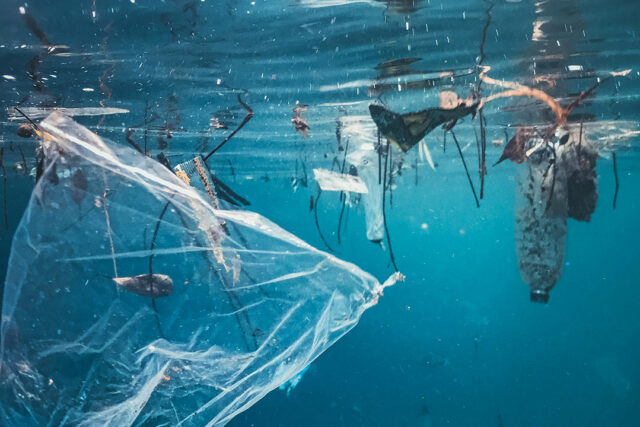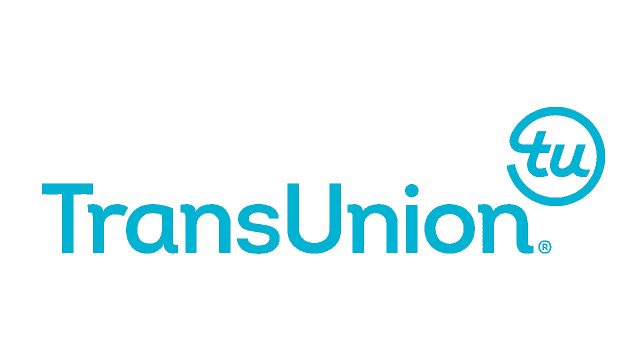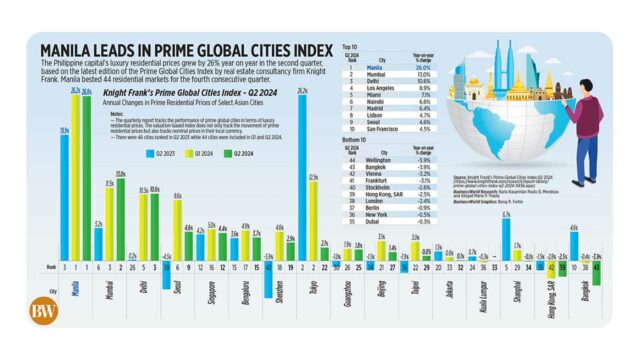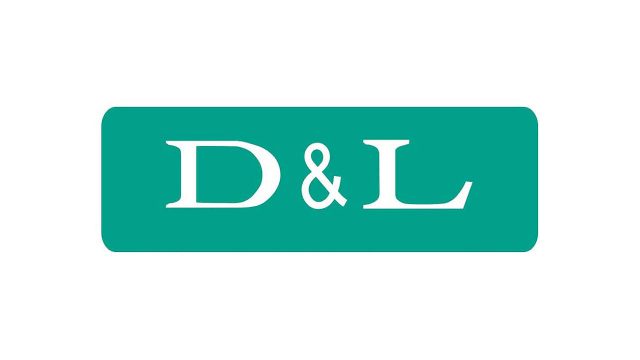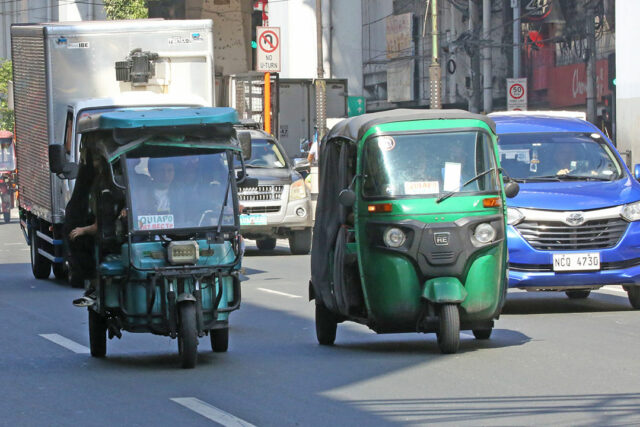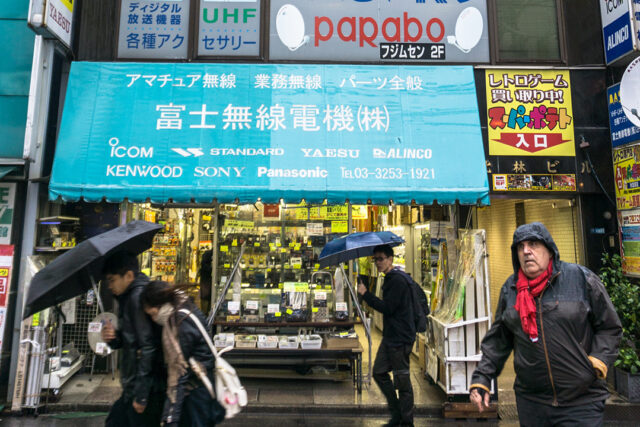Business in five movements: A performance in leadership and legacy
I have always been drawn to the arts, where storytelling comes alive through movement, music, and emotion — whether it’s a ballet, a play, or an experimental film. In my role on the Board of the Cultural Center of the Philippines (CCP), I’ve had the privilege of seeing many performances unfold on stages, each with its own rhythm and message. This year’s Management Association of the Philippines (MAP) International CEO Conference, with the theme “Business in Five Movements: Wisdom, Passion, and Inspiration Across Five Generations,” reminded me of those performances. Each generation, like a movement in a symphony, brings its own distinct contribution to the whole — shaping the future with wisdom from the past, passion in the present, and inspiration for what’s to come.
As we gathered, I couldn’t help but reflect on the parallels between a well-executed performance and the intricate choreography required to navigate today’s multi-generational workforce. Much like the art I hold dear, business leadership demands we find harmony across diverse voices and experiences, bringing them together to create something greater than the sum of its parts.
LEARNING FROM RESILIENCE
Ricky Isla of AirAsia shared how the airline’s journey from the challenges of the pandemic exemplifies resilience. By focusing on data-driven decisions, people-centric management, and the adaptability required in a fast-changing market, AirAsia has become one of Asia’s leading airlines. Ricky’s story resonated with many of us — reminding us that businesses thrive when they remain anchored in their people, using technology not as a replacement but as a tool to connect with the world in more meaningful ways.
EMBRACING CHANGE WITH PURPOSE
Sandeep Uppal, HSBC Philippines’ President and CEO, drove home the point that “change without execution is merely vision.” His message was clear: we live in a time of volatility, uncertainty, complexity, and ambiguity (VUCA), but true leaders not only anticipate change — they execute it with purpose. It was a powerful reminder that adaptability, flexibility, and resilience are critical in navigating this fast-paced business landscape. As Sandeep pointed out, it’s not just about surviving change; it’s about leading with intention and foresight.
THE TECHNOLOGY OF TOMORROW, THE ETHICS OF TODAY
Scott Likens of PwC USA took us on a journey through the Eight Emerging Technologies, from AI to blockchain and augmented reality. His insights into how generative AI is already reshaping industries were both exciting and cautionary. AI is undoubtedly transformative, but it also brings risks — from cybersecurity threats to misinformation. Scott’s message was a call to arms for business leaders: we must adopt AI with responsibility, ensuring that it serves humanity ethically while driving innovation.
SUSTAINABILITY IN ACTION
Eugenio Lemos, founder of Permatil, brought us back to the earth — literally. His work in water restoration and permaculture in Timor Leste has benefited over 700 communities, demonstrating the profound impact that sustainability initiatives can have. His call for governments to prioritize environmental conservation resonated deeply, especially as we grapple with climate change’s effects on global economies. Sustainability is no longer an abstract concept; it’s an urgent mission that must be embraced by both public and private sectors.
THE GLOBAL SHIFTS IMPACTING THE PHILIPPINES
Gonzalo Varela, Lead Economist at the World Bank, shed light on the three global shifts that are reshaping our economy: technological disruptions, geopolitical changes, and climate change. His analysis of how AI will displace some jobs while creating new ones was especially relevant for the Philippines. Varela’s message was clear: to remain competitive, we must not only adapt to these shifts but anticipate and leverage them. Businesses that invest in their workforce’s ability to navigate technological and environmental challenges will be the ones that thrive in the years to come.
One intriguing insight that emerged was the relevance of AI’s dependence on natural language processing. For Filipinos, this opens an interesting advantage. A mastery of the liberal arts and communications becomes a key asset in the race to excel in prompt engineering, one of the rapidly emerging skills within AI-driven industries. By honing these skills, Filipinos can carve out a niche in this global landscape, turning what might seem like a technological disruption into an opportunity for empowerment and innovation.
AI AND THE AGE OF CONTENT
And then came Matty Lin of TikTok Southeast Asia who urged us to rethink AI. We’ve moved from the Age of Knowledge and the Age of Social into the Age of Content. AI, he explained, is not here to replace human creativity — it’s here to enhance it. But it requires boldness and imagination to harness AI’s potential in a way that creates meaningful, impactful content.
At EON, we’ve been navigating our own journey with AI, exploring how it can revolutionize our workflow while ensuring its responsible use. We’ve developed cardinal rules that guide us in using AI ethically — leveraging it to optimize our processes while maintaining the human-centric values that are central to everything we do. Like Matty, we believe that AI is not a substitute for creativity but a tool to expand its possibilities. The future belongs to those who can balance the efficiency of AI with the irreplaceable spark of human imagination.
A CALL TO DREAM BIGGER
As the conference drew to a close, Secretary Frederick Go delivered a message from President Ferdinand Marcos, Jr. encouraging us to “dream bigger, soar higher, and bring out the best in people.” It was a fitting conclusion to a day filled with wisdom from across five generations. The President’s words reminded us that leadership is not just about managing the present; it’s about inspiring the future.
Reflecting on the conference, I’m reminded of the performances I’ve witnessed at the CCP. Each movement in a performance builds on the one before, adding depth, complexity, and emotion. Business is no different. Each generation adds its own wisdom, passion, and energy to the movements of progress. As entrepreneurs, as leaders, as citizens of this dynamic world, we are tasked with conducting this symphony — creating harmony from the diverse voices around us and setting the stage for the generations to come.
The performance is ongoing. The next movement is ours to shape.
Junie S. Del Mundo is chair of the MAP International Relations Committee and chair and CEO of The EON Group.






